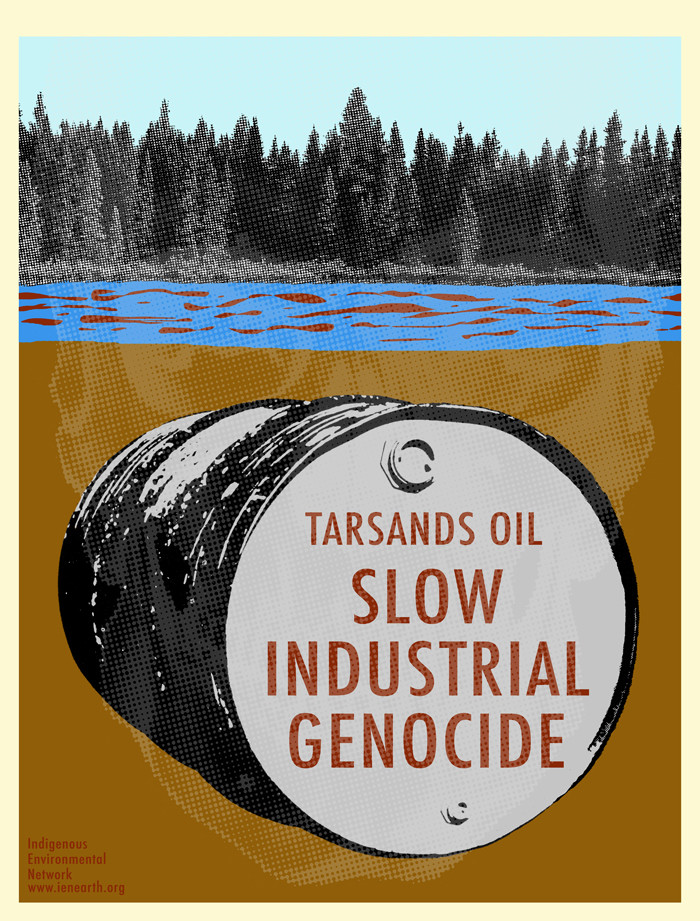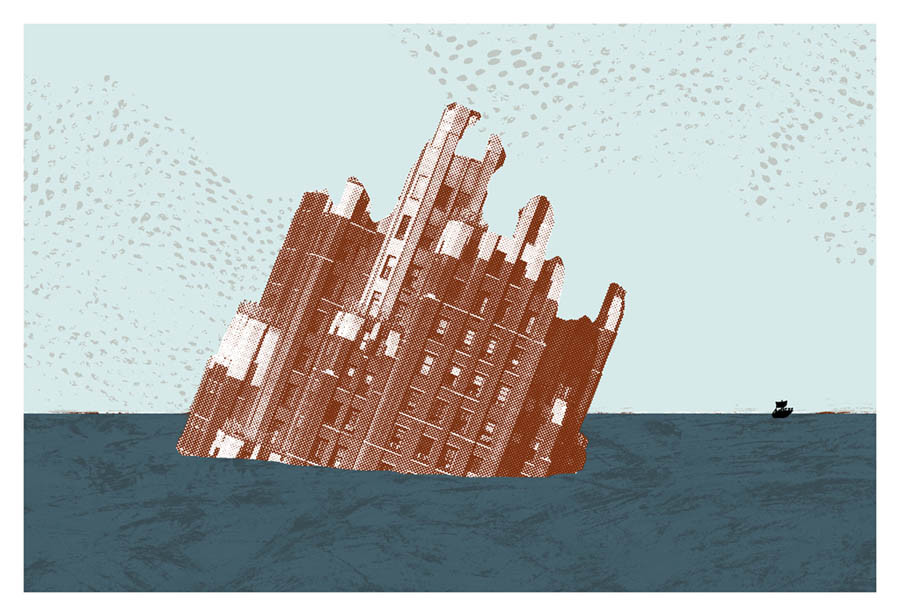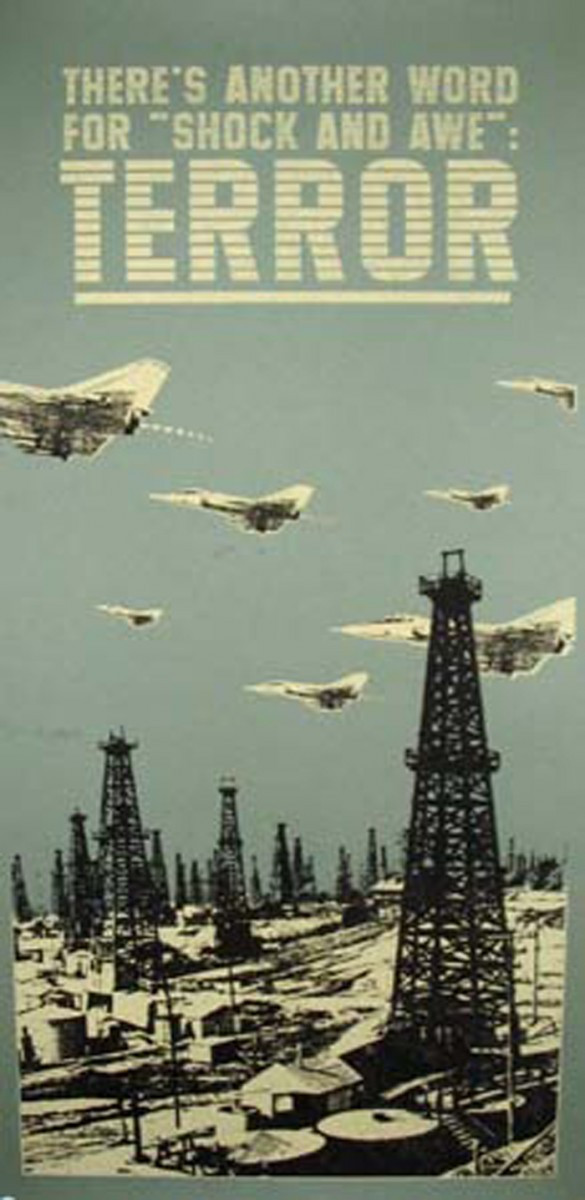A Print You Can Believe In
In 2008, graphic artist Shepard Fairey did what hours of attack ads and millions of campaign dollars couldn’t: he energized people about politics. Fairey’s Obama “Hope” poster likely helped launch the current U.S. President into public office. And he did it for free.Rarely does a poster have such an enormous say in how people vote—especially when it’s limited to four-letter words. But if the Justseeds Artists’ Cooperative has its way, it will be a regular occurence.
As the single Canadian member of a 24-person collective of poster artists, Alberta transplant and Montreal resident Jesse Purcell is providing Canadian content in a largely American batch of progressive artists. “I think the idea for me in creating poster art is to start a conversation with people, not finish it,” said Purcell. “So if you’re able to put forward a couple of ideas visually that can create dialogue between people, then you’ve accomplished your mission.” Purcell, who identifies as a non-denominational anti-authoritarian, recently collaborated with his American co-conspirators on Resourced, a collection of hand-produced prints that speak out on the often reckless extraction methods utilized in our gluttonous search for resources we can exploit—Purcell, naturally, chose Alberta’s Tar Sands. This year, Justseeds collaborated with Microcosm Publishing, a not-for-profit, collectively run publisher and distributor of ‘zines and related works. They released Firebrands: Portraits from the Americas, a collection of portraits of socially conscientious activists. The publication allowed Purcell to focus on some Canadian rabble-rousers. “I wanted to highlight a variety of different issues with the people I chose,” said Purcell, whose subjects ranged from Albert “Ginger” Goodwin, a union organizer from B.C. who inspired Canada’s first General Strike in 1918, to more recent Canadian activists like Harriet Nahanee, an indigenous rights activist who opposed the expansion of Vancouver’s environmentally unfriendly Sea-to-Sky Highway. Nahanee passed away in 2007. “I thought it was important to choose someone who’s not necessarily famous in the sense that they get a lot of notoriety within their own time,” said Purcell, “but that are dedicated, life-long community organizers who are, on a grand scale of things, quietly and consistently working away within their communities to improve the lives of those around them.” Though the collaboration and dialogue created between members of Justseeds is something he wouldn’t easily give up, Purcell will be getting his own solo show at Red Bird Gallery, entitled Commencé ver la Fin. “I think it’s very important and absolutely necessary for people to be vocally critical, but I think it’s good for people to try and put forward some idea of the world they actually want to live in,” said Purcell, which might explain the runaway success of Fairey’s “Hope” poster. “I think it’s necessary for visual artists and writers to try and create a social vision through their work that can inspire people.”“I think it’s necessary for visual artists and writers to try and create a social vision through their work that can inspire people.”
-Jesse Purcell,
Artist
“I think it’s necessary for visual artists and writers to try and create a social vision through their work that can inspire people.”
This article originally appeared in Volume 31, Issue 11, published October 26, 2010.




_600_832_s.png)




_600_375_90_s_c1.jpg)